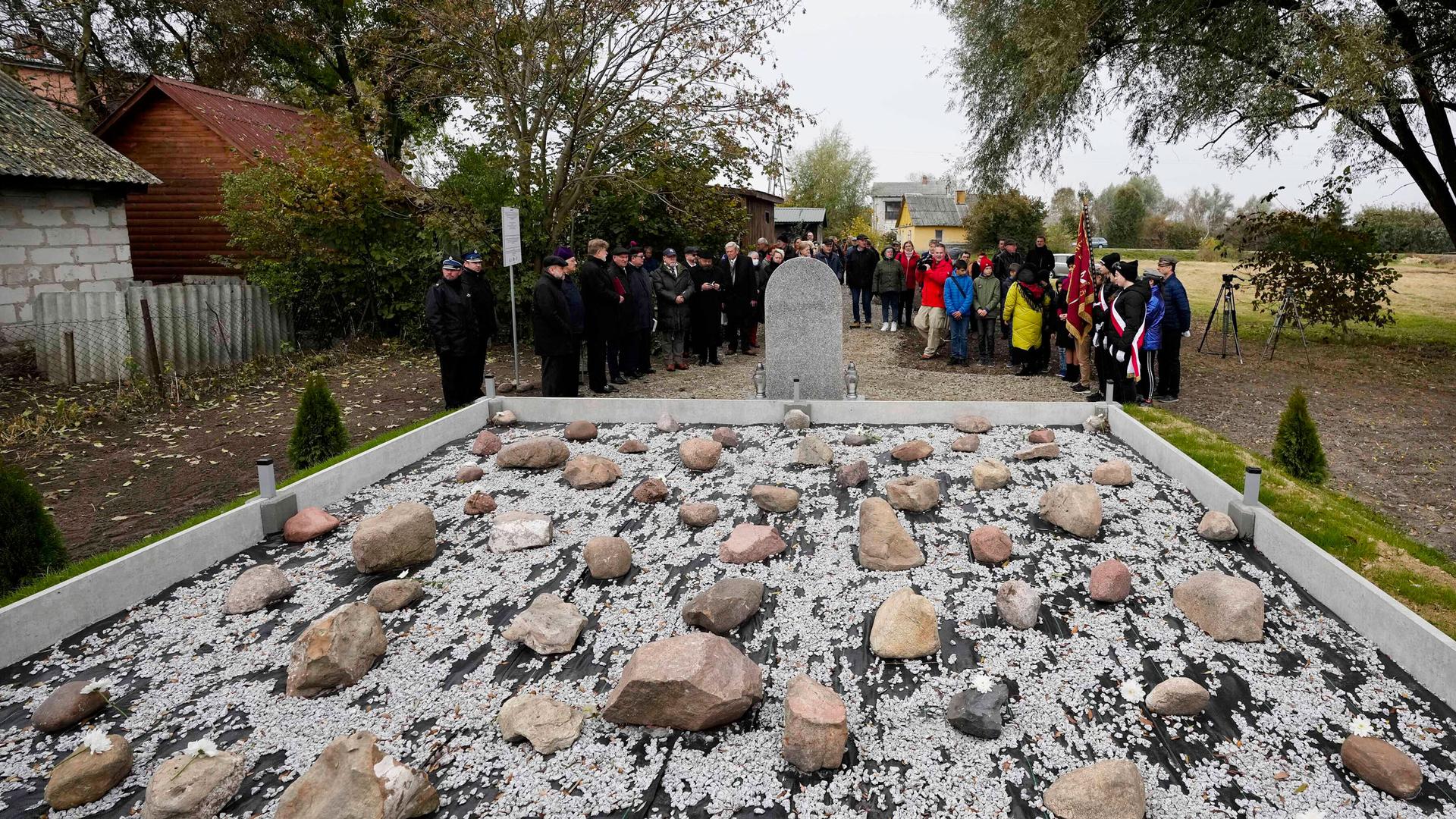Editor’s note: This story is part two of a series. To listen and read part one, go here.
Holocaust historian Jan Grabowski was raised in Warsaw, Poland, but these days, he says he doesn’t always feel at home here.
“It’s not pleasant,” said Grabowski, who spends his time between the Polish capital and Ottawa, where he teaches Holocaust history. For more than 20 years, Grabowski has been studying the relationship between Jews and non-Jews living in Poland during the Holocaust.
Grabowski is also one of a growing number of historians who worry that Poland’s ruling far-right government is trying to cover up the darker side of the country’s past, including Polish complicity during the Holocaust, effectively silencing historians who veer from Poland’s official narrative.
Related: A new monument in Poland sparks concern about Holocaust revisionism
Last year, Grabowski’s work became the subject of international attention when he and his colleague Barbara Engelking were ordered to issue an apology over a history book they edited called, “Night Without End: The Fate of Jews in Selected Counties of Occupied Poland.”
One chapter focuses on a small town mayor named Edward Malinowski who was accused of giving up Jews to the Nazis.
Malinowski’s family sued Grabowski and Engelking, citing a 2018 law passed by Poland’s ruling Law and Justice Party, which made it a crime in Poland to accuse the Polish people of being complicit in the face of German atrocities.
“We have to send a clear signal to the world that we won’t allow for Poland to continue being insulted,” Patryk Jaki, then-deputy justice minister said before Parliament.
Following public outcry, notably from the United States and Israel, the law was later amended to remove criminal provisions.
But that hasn’t stopped people from filing civil lawsuits against historians, which threaten to leave them financially and emotionally destroyed.
“You can sense this deepening chill amongst humanists…people don’t fear incarceration but they certainly fear losing their jobs.”
“You can sense this deepening chill amongst humanists … people don’t fear incarceration but they certainly fear losing their jobs,” Grabowski said.
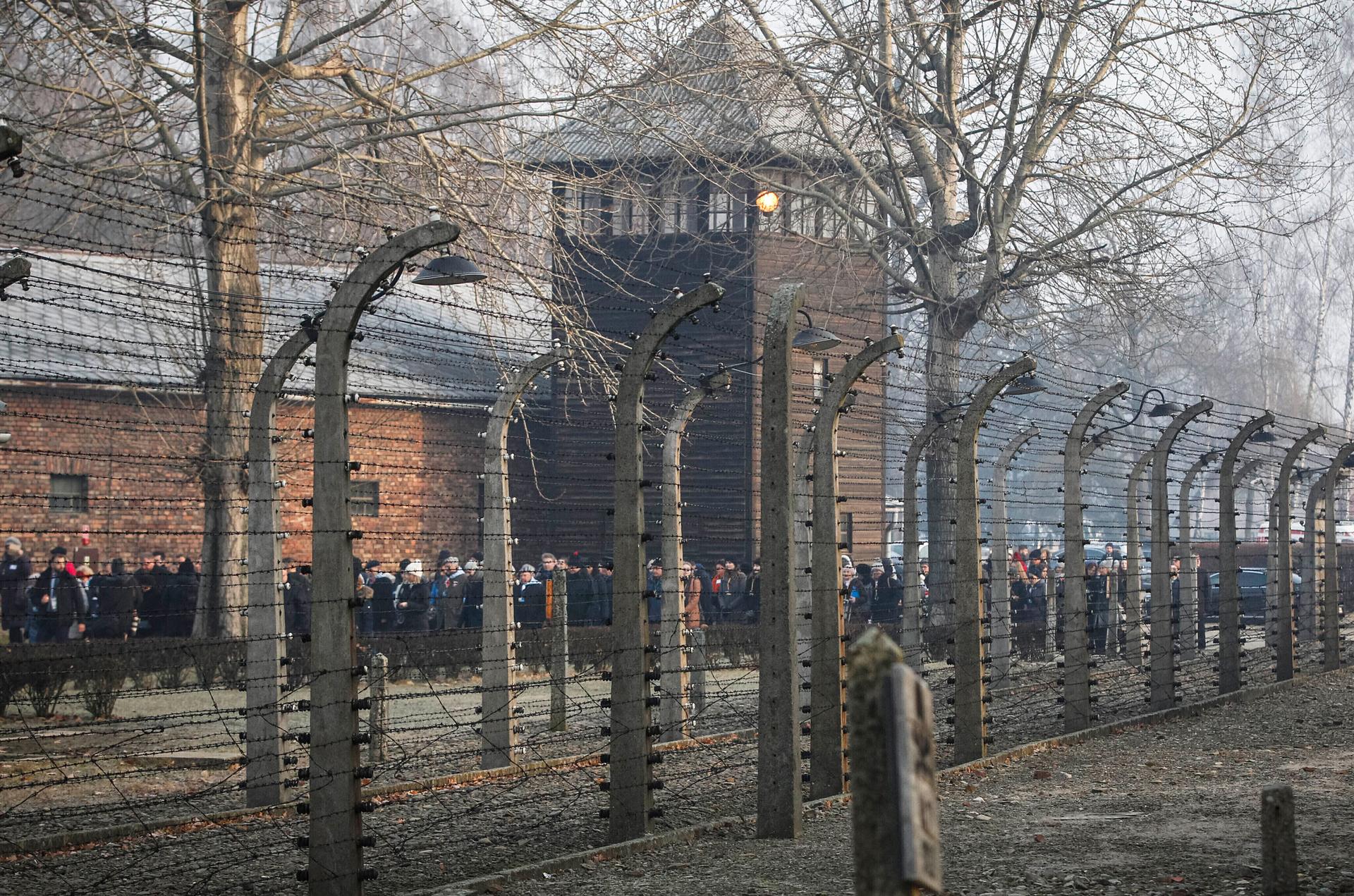
About 3 million Polish Jews were killed during the Holocaust. Just 10% of the Jewish population survived. The vast majority of responsibility for Jewish deaths in occupied Poland falls on Nazi forces.
What’s being debated, however, is the degree to which some Poles helped Jews, acted as bystanders or facilitated the Nazis in carrying out their mission.
Jan T. Gross, a Princeton scholar who also specializes in Holocaust studies, sent shockwaves throughout Poland with his book, “Neighbors.” Published in 2001, the book uncovered details about the 1941 pogrom in the town of Jedwabne, in which 400 Jews were set on fire in a barn by their neighbors.
These uncomfortable truths conflict with the current government’s idea that any statement about Polish complicity during the Holocaust is defamatory and a threat to national pride, Grabowski said.
Grabowski and Engelking later won their case on appeal, but their story is hardly the first example of historians being silenced for their work in Poland.
In 2017, Pawel Machcewicz was forced out of his job as director of a newly opened World War II museum in Gdansk, after he refused to take down an exhibit that compared how people experienced the Holocaust across Europe.
Poland’s then-culture minister accused the museum of not focusing enough on Polish suffering during the war.
“The museum became the arch enemy of the Law and Justice Party. … It shows how deeply the Law and Justice Party is interested in history and to what extent it interferes with the historical narrative.”
“The museum became the arch enemy of the Law and Justice Party,” Machcewicz said. “It shows how deeply the Law and Justice Party is interested in history and to what extent it interferes with the historical narrative.”
Related: ‘Obliged to exile’: Cuban activist Tania Bruguera on the plight of artist Hamlet Lavastida
Machcewicz said he’s been subjected to harassment, interrogation and even two civil lawsuits brought on by the Law and Justice Party.
“You feel that you are under surveillance,” he said. “Anything can happen. I don’t want to exaggerate it, but for many months I somehow thought about what would be the next step of the government, what would happen to me next?”
Beyond intimidation, Machcewicz also pointed out that the government has poured millions of euros into nongovernmental organizations and what he calls quasi-academic institutions willing to promote its alternate version of history.
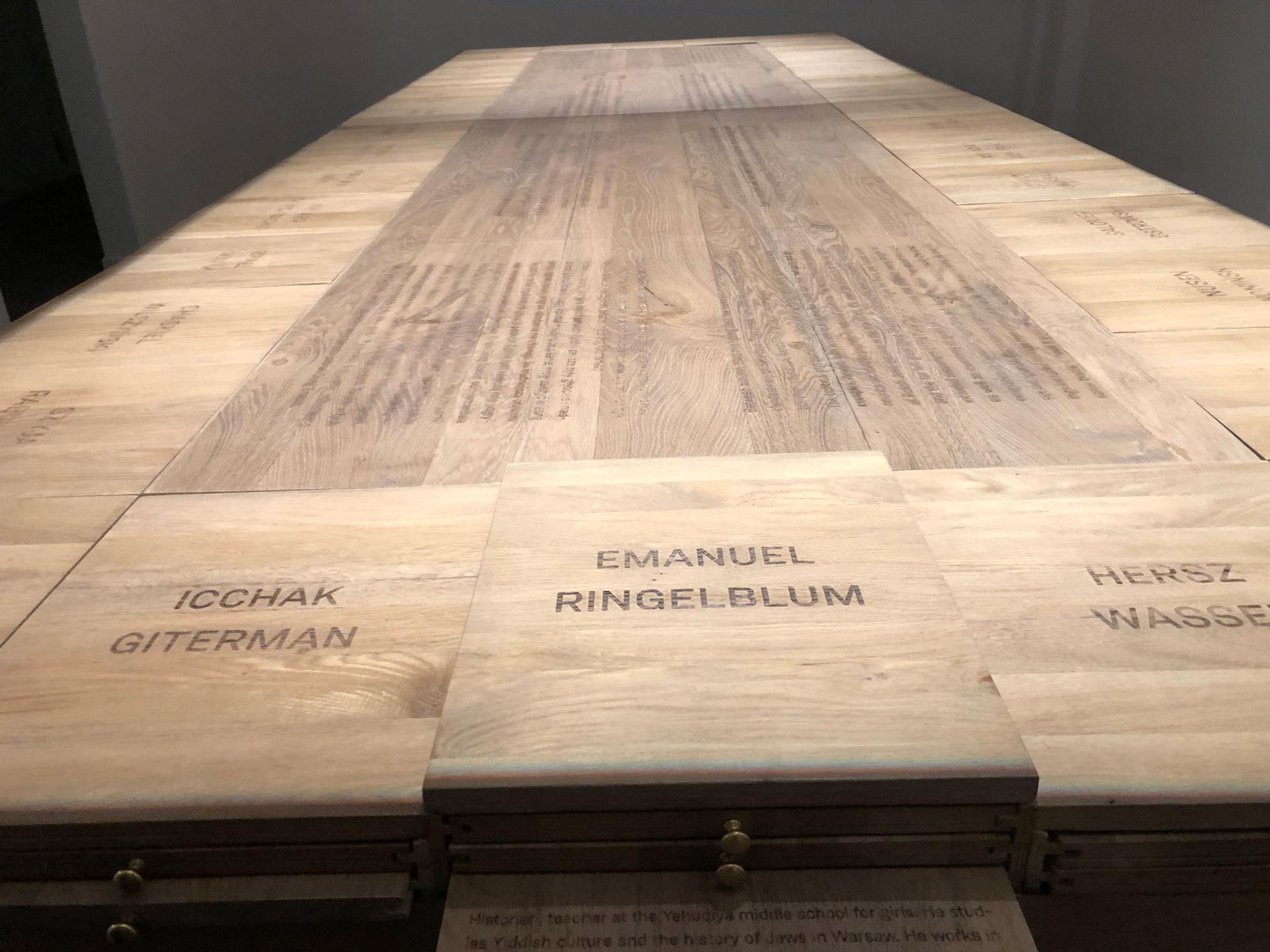
When it comes to talking about Polish complicity, Monika Krawczyk, director of the Jewish Historical Institute, treats the subject with caution.
In January of 2021, Krawczyk was appointed to oversee some of the country’s most important Holocaust archives. The institute is funded by Poland’s Culture Ministry and located in the heart of the former Warsaw Ghetto.
Krawczyk said it’s hard to judge the actions of Poles during the war, and she accuses some historians of doing exactly that.
“There are many books that look in a more empathic way toward the situation of the Jewish community [in Poland]. And there are also books which try to be more, let’s say, not taking any sides.”
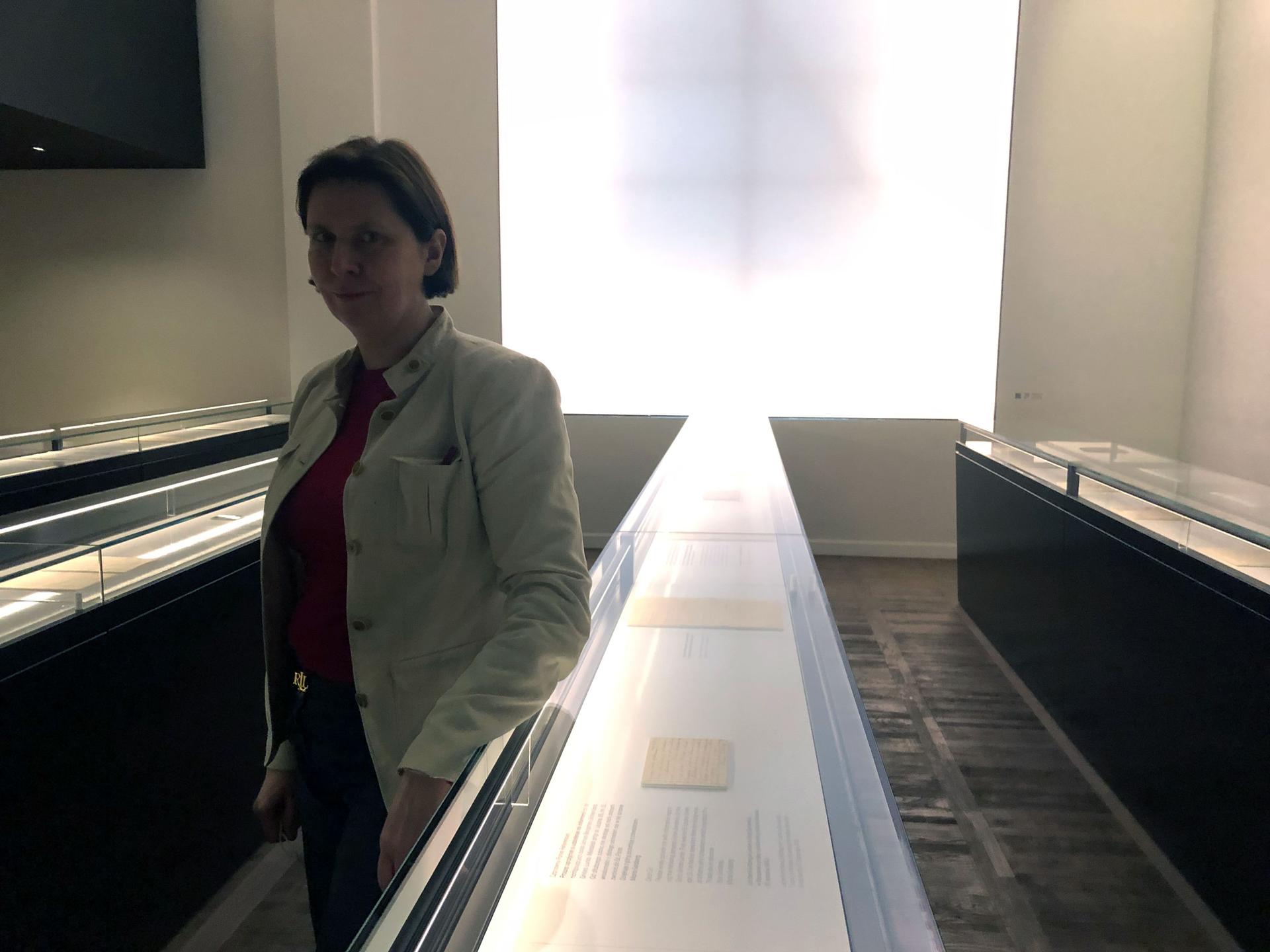
“There are many books that look in a more empathic way toward the situation of the Jewish community [in Poland]. And there are also books which try to be more, let’s say, not taking any sides.”
Related: Afghan migrants remain stranded at Poland-Belarus border as leaders punt responsibility
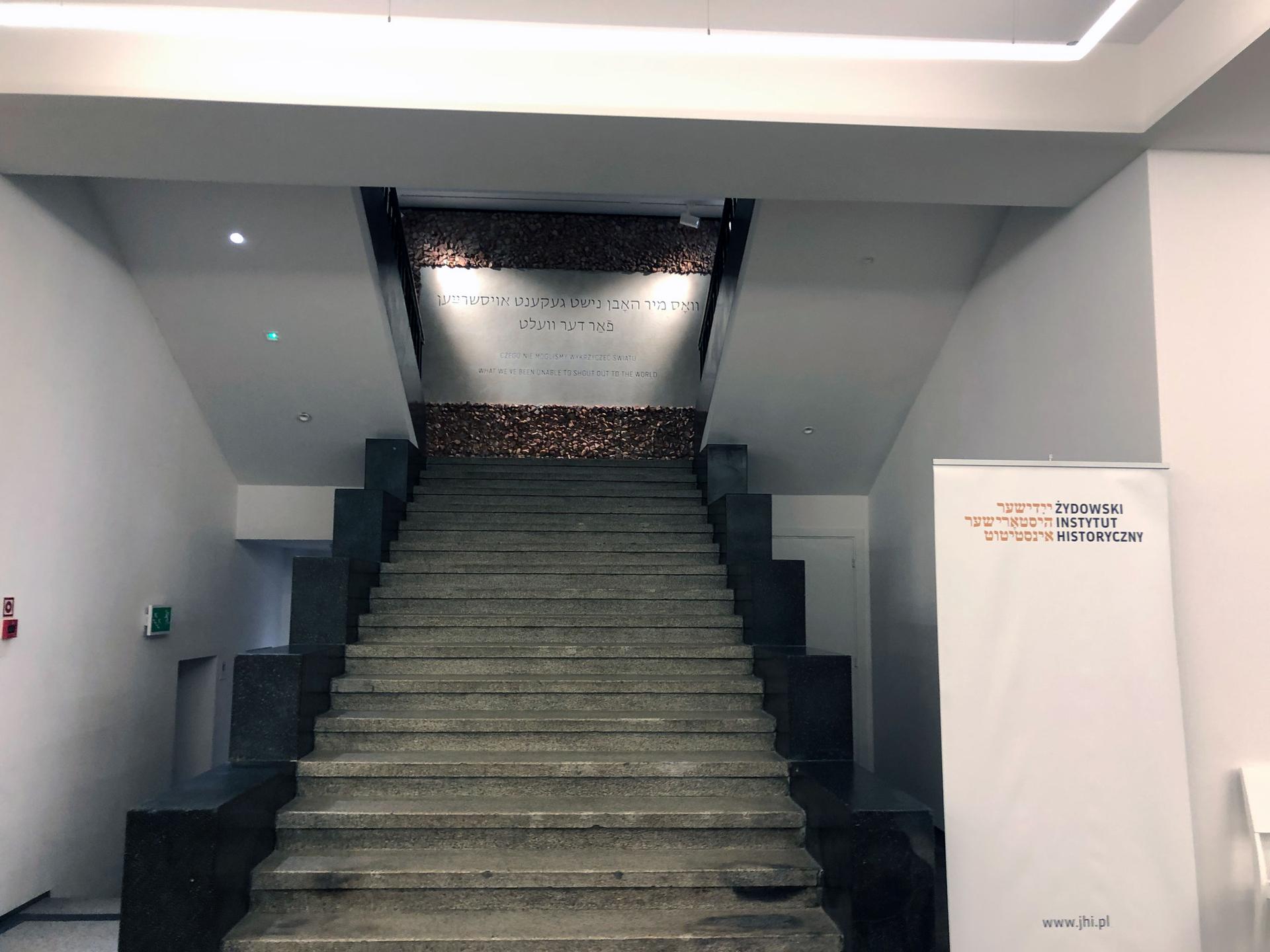
Krawczyk’s line of thinking is exactly what worries many historians — especially when antisemitism in Poland was so widesperad at the time.
“Anyone who studies Holocaust knows that the greatest threat for Poles rescuing the Jews were other Poles,” Grabowski said.
How that story gets told is, in many ways, riding on next year’s parliamentary elections, Machcewicz said.
“If the democratic system is rebuilt in Poland, I think that history will regain its autonomy,” Machcewicz said. “The legacy of manipulations and distortions that will be left as a sort of warning for all of us,” Machcewicz said.
But if the Law and Justice Party keeps control, he fears this dark chapter risks becoming something more permanent.
